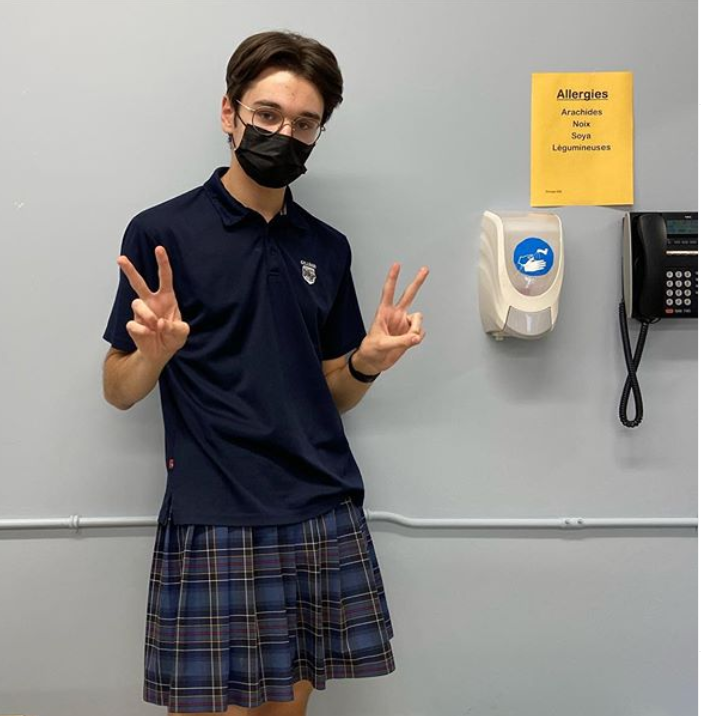For the past 20 years, teen pregnancy rates have been declining. However, the United States still holds the highest teen pregnancy rate in the world. Many parents believe that refraining from any form of sexual intercourse is the best form of birth control. Now, they aren’t wrong, but it’s unrealistic to trust every single teenager to keep their hands to themselves.
If we offer teenagers proper sex education, they would be better aware of certain risks that they might not have known before. On top of that, teens may be able to use the best birth control method fit for them instead of “the pull-out method.” When parents choose to avoid the topic of sex with their children, teens become curious enough to look for answers anywhere they can find them. The information they collect will probably not be even slightly reliable.
Most schools now offer sex education in Health classes, but the fact that parents are able to decide whether their child learns about this topic is unfortunate. The curriculum does not encourage teens to have sex; it teaches them what to expect when they are old enough to have a sexual relationship.
Having said that, if parents choose to remove their child from a sex education class, in order to teach them the topic better themselves, that would be better for the kid. Sex education classes in many public schools leave out several important details. Some of these include same-sex relationships, non-hormonal birth control, options for a post-teen pregnancy (including abortion and adoption), and the risks of teen pregnancy (like miscarriages, preeclampsia, and premature births).
Many young girls have a difficult menstrual cycle. One way to help with that is to put them on birth control, but for many young girls, that is not an option. Birth control is not free in the way that condoms are, so many girls are forced to experience painful period cycles every month. But for the girls who are able to acquire birth control, usually they only know about the pill.
 On top of teens getting pregnant, teens are also spreading sextually transmitted diseases (STDs). They think that if the girl is on the pill, it means that they don’t need to use a condom. That kind of thinking can lead to the spread of STDs, which can be spread vaginally, orally, anally or through hand-to-genital contact. That means that those involved in same-sex relationships should be aware of these dangers and risks as well.
On top of teens getting pregnant, teens are also spreading sextually transmitted diseases (STDs). They think that if the girl is on the pill, it means that they don’t need to use a condom. That kind of thinking can lead to the spread of STDs, which can be spread vaginally, orally, anally or through hand-to-genital contact. That means that those involved in same-sex relationships should be aware of these dangers and risks as well.
Overall, teens will continue to get pregnant, whether they are 15 or 19. With the right information and the best approaches, the number of rates can continue to decrease. As a teenager, I can easily say that if adults refuse to talk about this, they are not helping the problem. Teens need to know what happens when they are trying new things. The truth is that not every teenager is or has been sexually active but many still are.
Inform the children! Inform the children! Inform the children!












